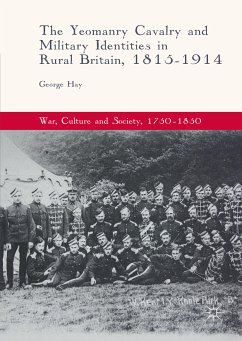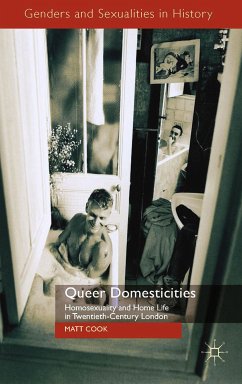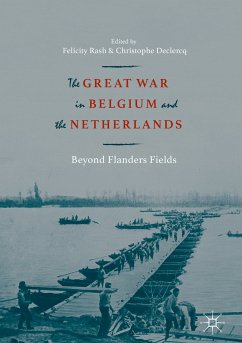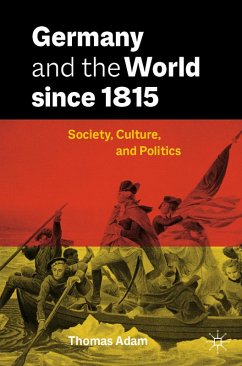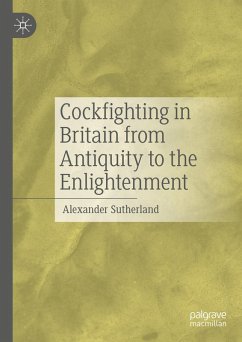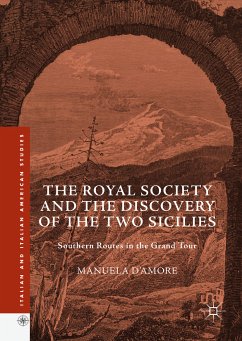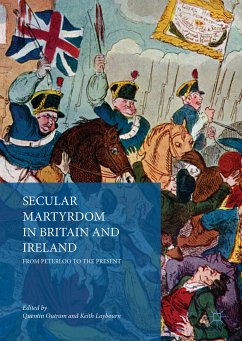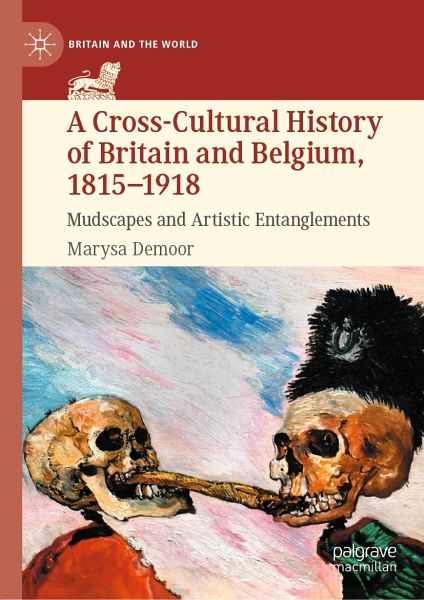
A Cross-Cultural History of Britain and Belgium, 1815-1918 (eBook, PDF)
Mudscapes and Artistic Entanglements
Versandkostenfrei!
Sofort per Download lieferbar
104,95 €
inkl. MwSt.
Weitere Ausgaben:

PAYBACK Punkte
52 °P sammeln!
This book highlights the ways in which Britain and Belgium became culturally entangled as a result of their interaction in the period between the Napoleonic Wars and the First World War. In the course of the nineteenth century, the battlefields of Waterloo and Ypres in Belgium became veritable burial grounds for generations of dead British military, indirectly leading to the most intensive ties between the two countries. By exploring this twofold path, the author uncovers a series of cross-influences and creative similarities within the Belgo-British artistic community, and explores the backgr...
This book highlights the ways in which Britain and Belgium became culturally entangled as a result of their interaction in the period between the Napoleonic Wars and the First World War. In the course of the nineteenth century, the battlefields of Waterloo and Ypres in Belgium became veritable burial grounds for generations of dead British military, indirectly leading to the most intensive ties between the two countries. By exploring this twofold path, the author uncovers a series of cross-influences and creative similarities within the Belgo-British artistic community, and explores the background against which the British national identity was constructed. Revealing unknown links between some of the most famous artists on both sides of the channel, such as D.G. Rossetti and Jan Van Eyck; Christina Rossetti and Fernand Khnopff; John Millais and Pieter Breughel, and Lewis Carroll and Quentin Massys, the book emphasises an artistic cross-fertilisation that can be found within battlefield literature throughout the nineteenth century, including examples from the likes of William M. Thackeray, Frances Trollope and Charlotte Brontë. Providing a rich intercultural history of Belgo-British relations after the battle of Waterloo, this interdisciplinary book will appeal to scholars and students researching history, literature, art and cultural studies.
Dieser Download kann aus rechtlichen Gründen nur mit Rechnungsadresse in A, B, BG, CY, CZ, D, DK, EW, E, FIN, F, GR, HR, H, IRL, I, LT, L, LR, M, NL, PL, P, R, S, SLO, SK ausgeliefert werden.



